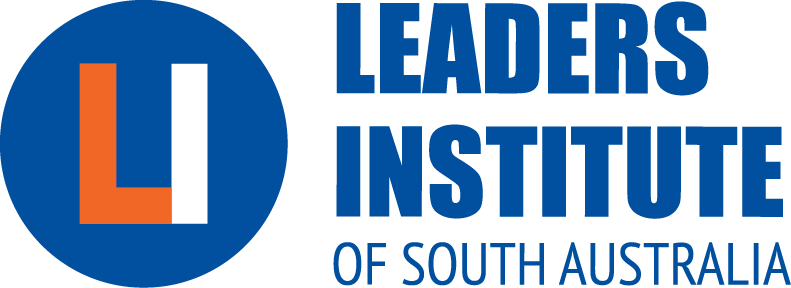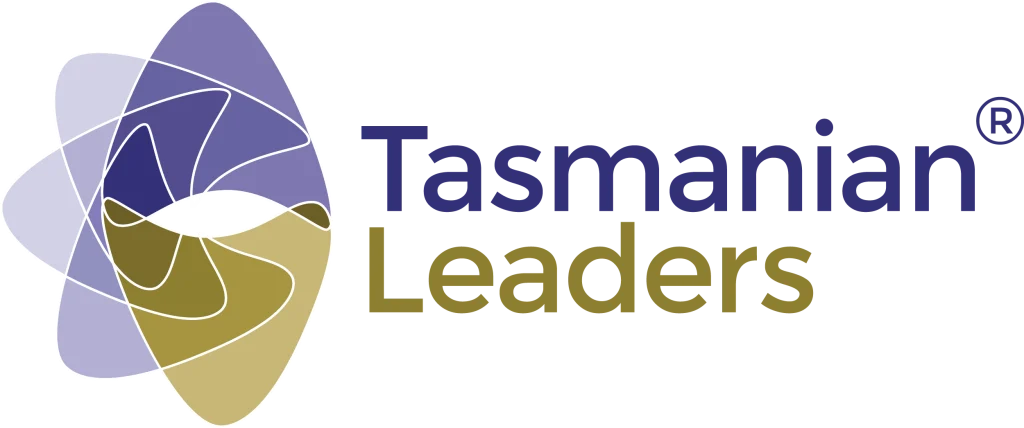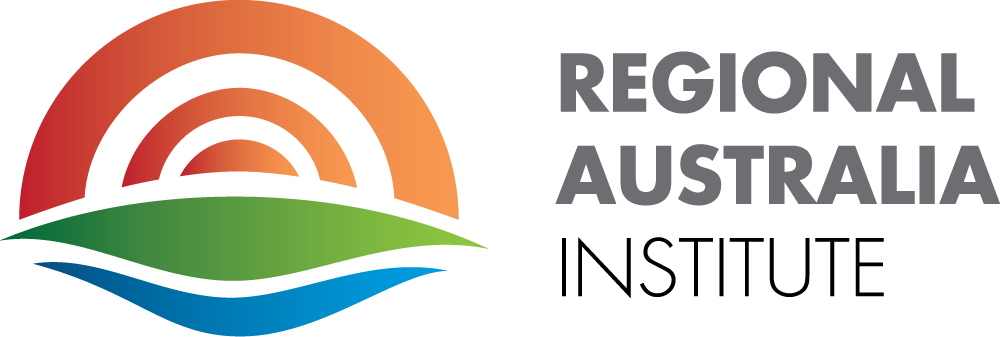Leading Australian Resilient Communities
Leading Australian Resilient Communities (LARC) was a national pilot program supporting regional communities to meet challenges and collectively drive the positive changes they want to see in their region. It recognises that true resilience is not merely about ‘coping’ or ‘surviving’, but about change, readiness and opportunity.
Delivered by the Australian Rural Leadership Foundation and the Regional Australia Institute in partnership with Leadership Victoria, Leadership WA, Tasmanian Leaders, the Leaders Institute of South Australia, and the Australian Resilience Centre.
Building resilient communities together
Funded by the Australian Government’s $5 million Building Resilient Regional Leaders Initiative (Pilot) commitment, LARC took place in ten regions. Each of them affected by floods, bushfires, drought, the pandemic and unique social challenges. The program included community-based future forums, place-based leadership development sessions, coaching and a webinar series. Participants in each region identified challenges and opportunities using Regional Australia Institute data and designed community initiatives to help address these.
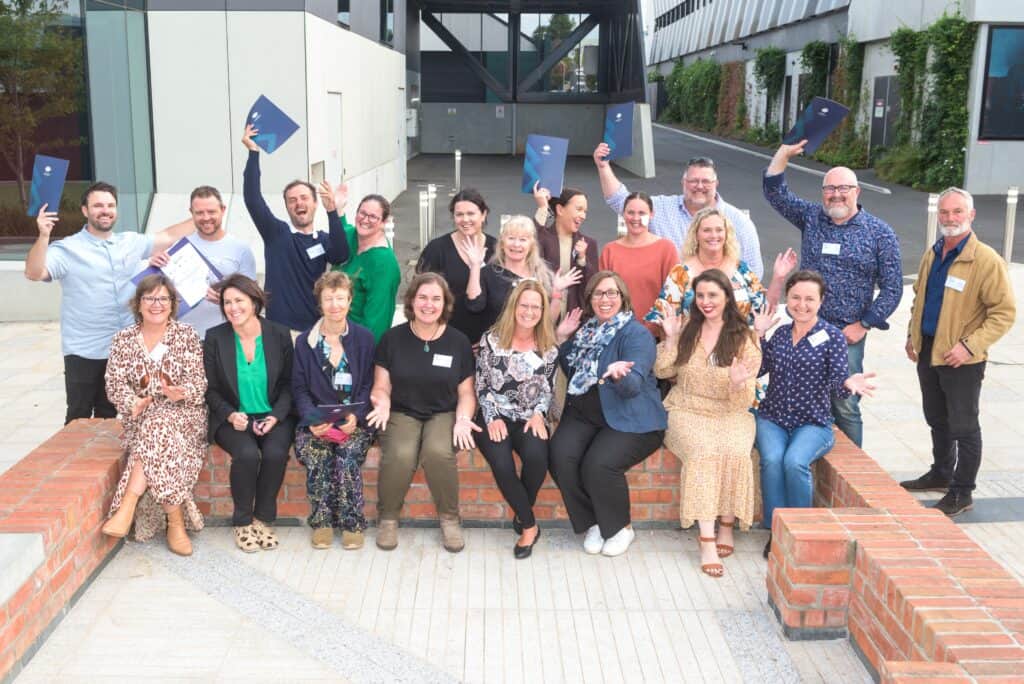

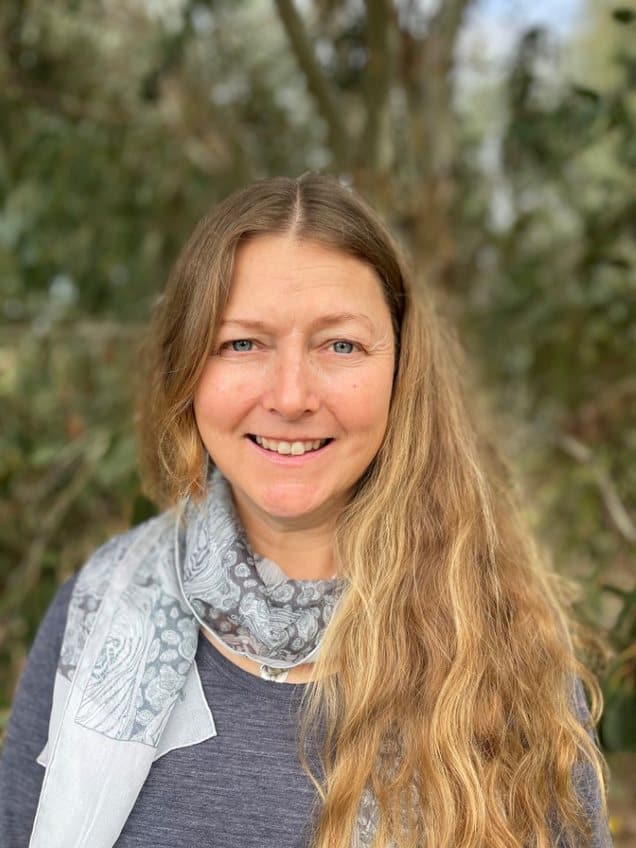
43 community action initiatives
LARC participants in all regions worked in project teams to focus on a complex issue in their community as part of their leadership development. Project team members collaborated to make observations about how their selected issue is currently being addressed, used relevant data to assess and confirm the issue and listened to diverse stories to ensure multiple perspectives were considered. As a team, they applied their leadership learnings to ideate, explore and agree on an approach to the issue that they then presented at local community forums.
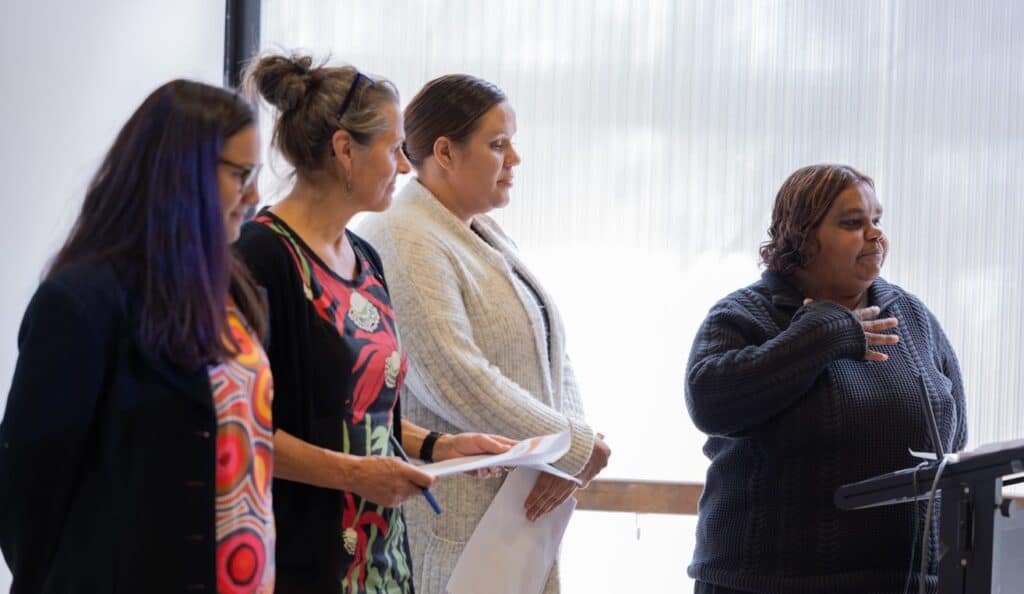
Creating a skills bank for ongoing connection
Creating a resource to support ongoing connection and skill sharing of LARC participants post-graduation in Tasmania.
Improving succession planning
A forum to consider diversifying land use and improving succession planning for the Tasmanian North-West Coastal agriculture sector.
Experiential learning for young people
Rethinking education to connect young people with community members to provide experiential learning opportunities in Tasmania.
Resilient and ethical leadership training
Training or a tool to support elected local government members lead in resilient and ethical ways in Tasmania.
Mapping mental health services
Working with the Burnie Works community organisation to map mental health services and gaps in the region.
Stimulating tourism
Improving signage and building in ‘things to do’ along a pathway connecting Wynyard and Burnie to stimulate tourism.
Facilitate local knowledge sharing
A process for connecting members and alumni from Gippsland community projects and programs to facilitate local sharing of knowledge, skills and resources.
Understanding systemic issues in sports group
Be Well Gippsland is a self-audit questionnaire/survey that focuses on understanding and making progress on systemic (adaptive) issues within sports groups that negatively impact on well-being.
Helping community groups initiate projects
Get Tanked is the development and launch of a blueprint that guides community groups through the key steps of initiating a project in Victoria.
Addressing technology and social media impacts
Exploring how leaders and existing mental health groups can work together to address the impact of technology and social media on youth mental health in the Rivers to Plains region.
Challenging mindsets of young people towards learning
A co-designed, practical approach to challenge the mindset change that COVID has caused among young people towards learning, and the worrying decline in essential life skills due to reliance on digital technology, online services and AI in the Rivers to Plains region.
Bridging the digital divide
Bridging the divide between country and city in relation to digital connectivity in addressing access, affordability and education in the Rivers to Plains region. Since the group began this project, telco and related businesses have requested more information on how to get involved.
Lifestyle security in the Rivers to Plains
Exploring the role of community gardens, food networks and local food systems on building strong local partnerships in the Rivers to Plains region. Produce shortages due to flood impacts on the transport sector highlighted how these gardens can sustain communities.
Empowering community-led initiatives
Empowering community-led disaster response initiatives by fostering connections and bringing groups together to share knowledge, skills and resources, and support towards common goals in the Northern Rivers region.
Listening and responding to community matters
Community matters in the Northern Rivers improves impact by ensuring community concerns are listened and responded to. It will be driven by a group of locals including subject matter experts who will combine their skills, knowledge and networks to drive action and outcomes.
Creating a leadership network
Create and promote a collaborative network of leaders in the Northern Rivers region who are available and on standby to help communities as required.
Promoting collaboration for community connection
Exploring strategies to promote effective collaboration. This has been recognised as a widespread challenge among communities and support is needed to overcome it in the Charters Towers and Townsville regions.
Removing biases in decision-making
Aiming to highlight the dangers of bias by decision-makers that often leads to inappropriate solutions for communities. The group wants to see a shift in how challenges are addressed and advocate for greater awareness in decision-making processes in the Charters Towers and Townsville regions.
Progressing youth issues
Assessing the progress made against existing recommendations on addressing youth issues, including youth crime, in the Charters Towers and Townsville regions.
Increasing youth engagement
With an overarching vision of making local communities in the Wide Bay Burnett more liveable for youth, the aim is to increase engagement by youth via additional questions, to be included in the 2023 Australian Liveability Census.
Breaking the cycle of multigenerational unemployment
Investigating strategies and resources to drive meaningful conversations and action to positively impact and break the cycle of multigenerational unemployment in the Wide Bay Burnett region.
Listening toolkit for community leaders
Developing a toolkit that provides resources and examples for how community leaders can better listen to communities and engage them in the design of initiatives to meet real community needs in the Wide Bay Burnett region.
Establishing a unified regional voice
Creating the Wide Bay Burnett profile - a resource to help residents effectively advocate, share priorities and target funding requests to the right people in the right places.
Improving community health and wellbeing
A pilot project to improve community health literacy, access, and ultimately timely and appropriate health interventions (focused initially on the South Burnett region).
Youth support services and cultural immersion
Ensuring local youth in the southern Northern Territory and Alice Springs get the adequate support services and cultural immersion.
Taking control of the local story
Taking control of the southern Northern Territory's and Alice Spring's regional story through a community newsletter rather than outside media and external biases. The newsletter will prioritise community connection and unity and sharing genuine, locally-driven stories from the region.
Tackling family and domestic violence
A community approach to tackling domestic and family violence by supporting those involved to talk openly about challenges and working together to address them in the Southern Northern Territory and Alice Springs region.
Reducing homelessness
A community conversation exploring new ways to improve community wellbeing and reducing homelessness in Port Pirie, South Australia.
Hosting community conversations
‘What does a thriving Port Pirie look like?’A facilitated conversation looking at community connections, whether that be through services or building stronger relationships with each other.
Discussing green futures
Enviro Legends is a significant conversation about the desired green future for the Clare and Barossa Valley region, exploring how to preserve and protect the cherished aspects of the region's natural environment.
Retaining young people
Discussing what's important to locals about this challenge and exploring ways to foster youth engagement and local employment within the Clare community and effective strategies and initiatives to help retain young people in the region.
Improving access and connection for young people
Aiming to connect and engage local youth in the Goldfields Esperance region with a sponsored bus service. Youth aged 12 to 17 will be able to better access and benefit from greater opportunities in their community.
Sharing regional images and art
The community ‘PAIntbrush’ initiative aims to generate community conversation and create the ideal image and art of the region’s communities to promote regional living and celebrate a shared vision in the Goldfields Esperance region.
Activating local markets
Activating a local market to showcase Kalgoorlie-Boulders multiculturalism, connect the community, celebrate diversity, promote a sense of belonging and community cohesion, share knowledge, skills and cultures.
Improving community health and wellbeing
Development of an Esperance Compassionate Community Charter (a set of guiding principles) that will guide Esperance decision-makers in identifying and prioritising programs to improve community health and wellbeing for a resilient and cohesive community.
Introducing a neighbour day
Introduction of ‘Neighbour Day’ as a way of bringing people together and creating a sense of belonging within the Esperance and Goldfields community. The project aims to improve the liveability of the region and forge stronger community connections and resilience in times of need.
Establishing a community workspace
Creating a vibrant, professional space for Esperance-based small businesses and entrepreneurs to learn, collaborate, innovate and grow.
Creating a boy's mentoring network
Lifting the level of mentoring of young men by identifying and supporting existing mentors in Western Australia's Midwest Coastal region. The group believes more male role models can provide positive guidance to disadvantaged young men and benefit local communities more broadly.
Progressing local projects
Collaborating to support and progress three existing community projects: The Muster Point – an Indigenous tourism on Country opportunity; Assessment of infrastructure gaps and opportunities for liveability and growth in Kalbarri, Western Australia; Development of a 10-year strategic plan for a local swimming club.
Connecting isolated communities
Improving accessibility and inclusiveness for isolated communities in Western Australia's Midwest Coastal region by raising awareness of local activities and resources that offer community connection, physical and emotional well-being, mentoring and job opportunities.
Improving existing mentoring programs
Improving access to existing mentoring programs, training and activities for vulnerable youth through collaboration, training and support in Western Australia's Midwest Coastal region.
Preserving local cultural sites
Exploring the elements impacting on the Southgates Dune Area in Australia's Midwest Coastal region and nearby registered Aboriginal burial site, which will contribute to its future stability and use.
Employment pathways for youth and disadvantaged
Stimulating supported training and employment pathways for at risk youth and existing workers, disadvantaged and older people in Western Australia's Midwest Coastal community.
Six-part national webinar series
Specifically designed in collaboration to facilitate engaging discussions and provide valuable insights on relevant issues and concepts, the series brought together participants and community members from across the nation to interact with renowned national thinkers and knowledge experts, fostering a collective exploration of key topics.
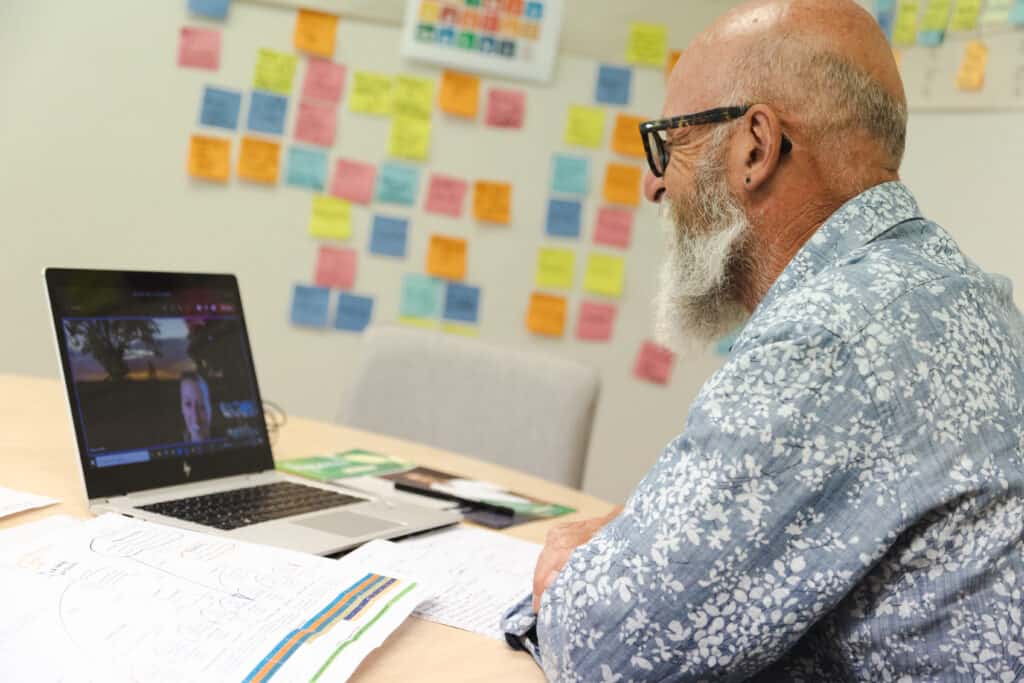
Place-based approaches
How to partner and collaborate with others on an issue or project.
Co-design principles
How community collaboration can improve local outcomes.
Facilitating funding
How to make the most of regional funding opportunities.
Talking tough topics
How to have difficult conversations, successfully.
Regional wellbeing
What does wellbeing really mean and how we achieve it.
Cultural connections
The importance of networks, contacts and the power of alumni.
Playlist
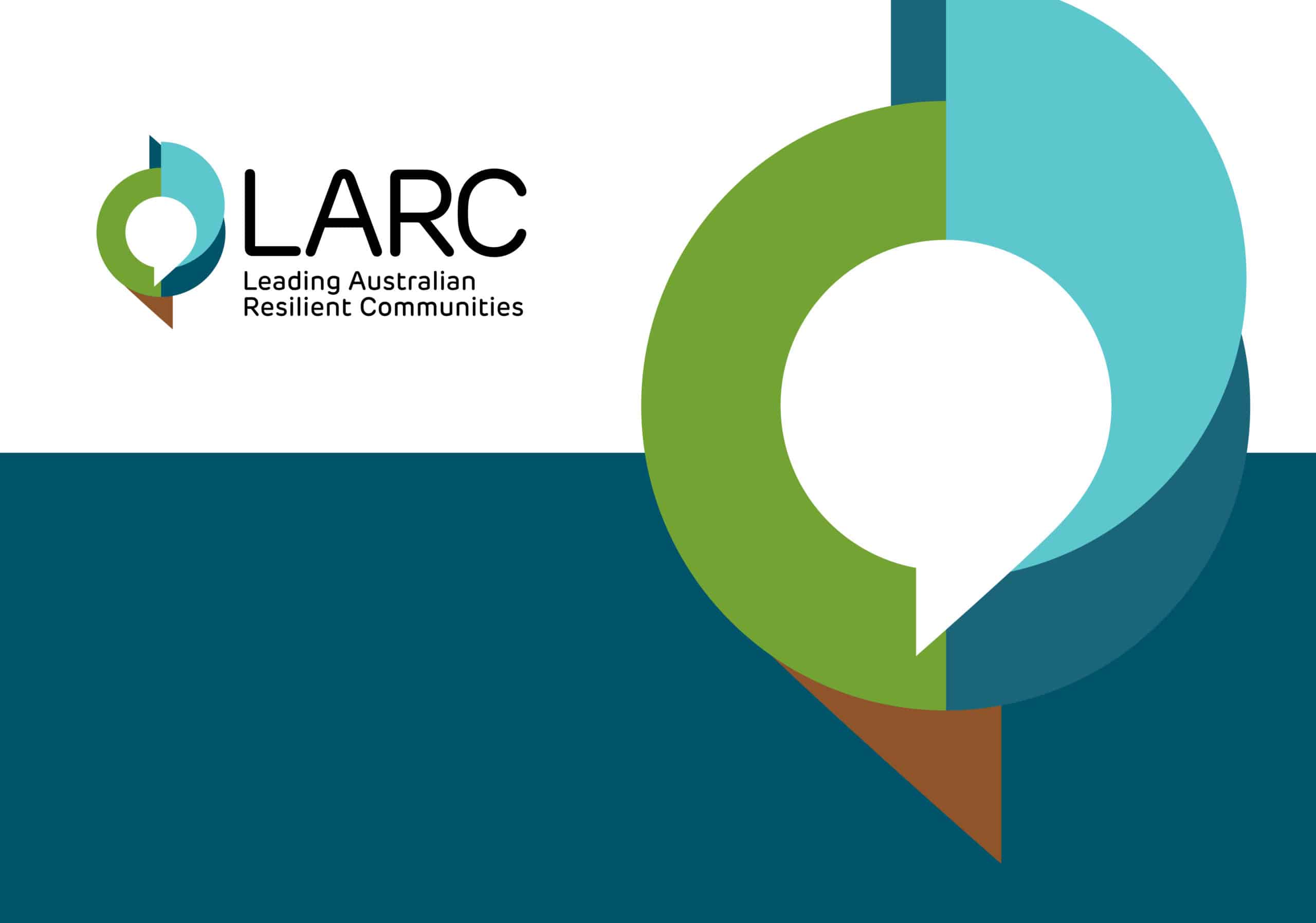
0:16

0:16

0:16







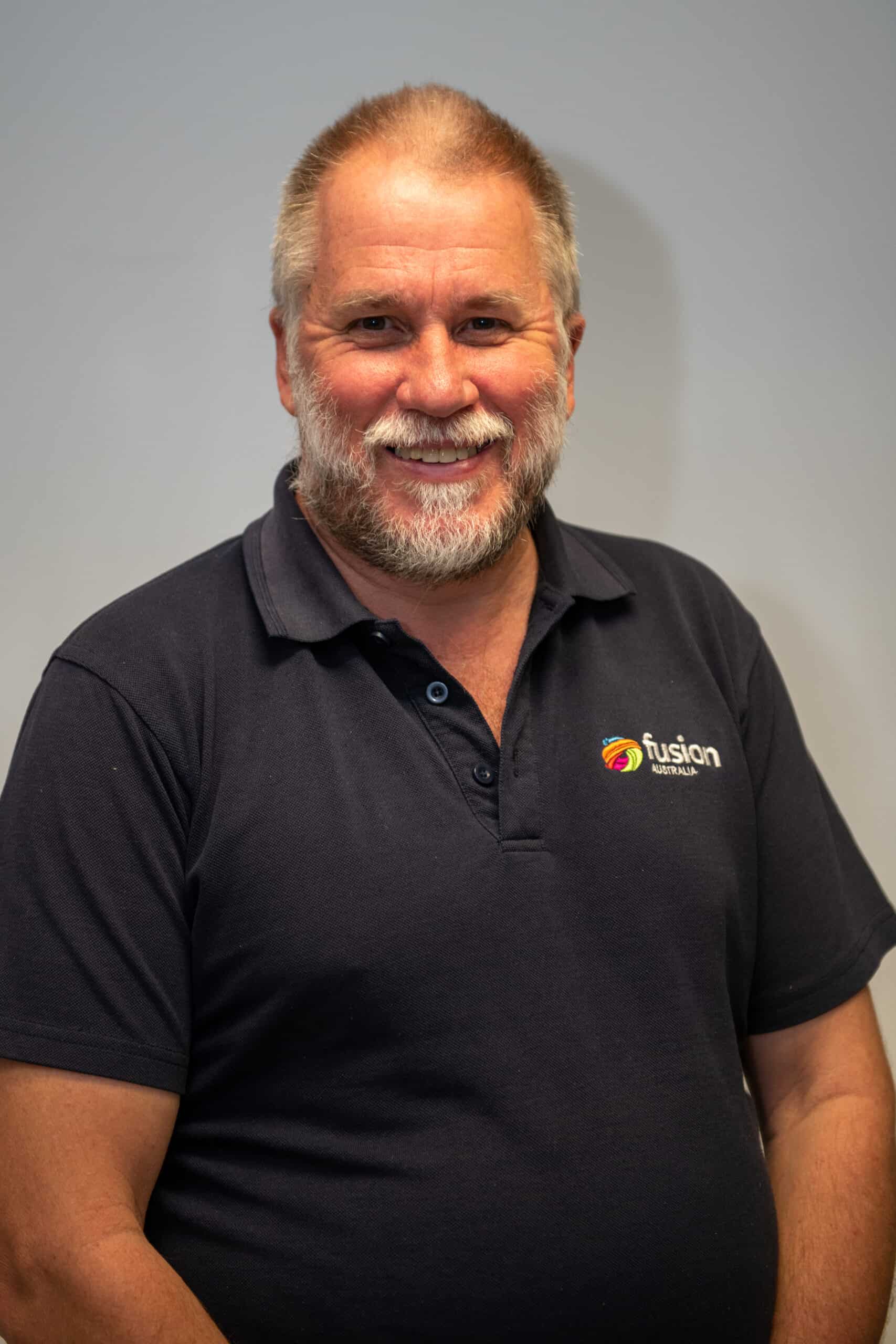
Coaching unlocks leadership potential
Collaboration and coaching were key parts of the LARC program. Empowering participants to navigate the unique challenges they face in their communities and leadership roles. With a focus on fostering growth and driving impactful change, the coaching component has proven to be invaluable to participants’ personal and community development.
Guiding regional groups to take action
The program's experienced coaches worked closely with groups from each region, guiding them in creating, designing, and implementing Community Action Initiatives. This hands-on approach ensured that participants gain the practical skills and knowledge needed to make a real difference in their communities.
Empowering impactful leadership
Participant feedback highlights the immense value of our coaching program in enabling them to have a meaningful impact within their community. By complementing their leadership learnings, our coaches helped participants unleash their full potential, driving positive change that resonates both personally and professionally.
Experienced coaches with a purpose
The coaching team consisted of seasoned professionals. These coaches have a deep understanding of the challenges faced by regional leaders. Their expertise and guidance ensure that participants receive the highest level of support on their leadership journey.
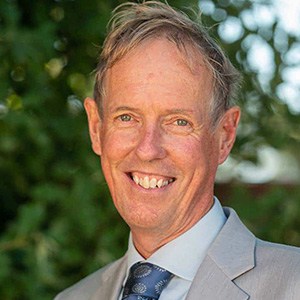
Dr Kim Houghton
Regional Australia Institute
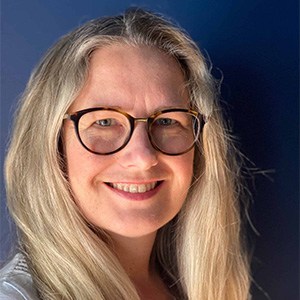
Deanna Hutchinson
Regional Australia Institute
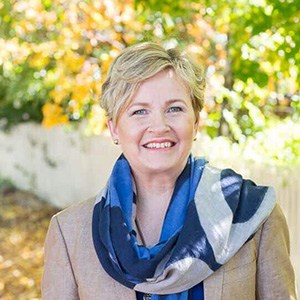
Susan Benedyka
The Regional Development Company, Australian Rural Leadership Foundation associate
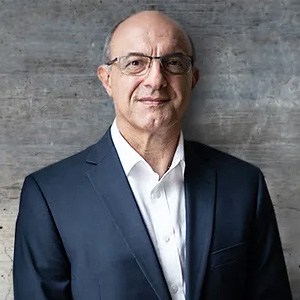
Gary Saliba
Strategic Journeys Consulting, Australian Rural Leadership Foundation alum
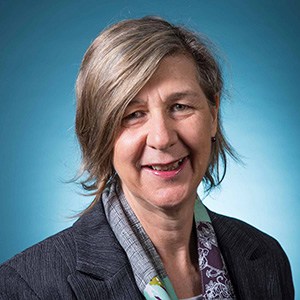
Dr Anna Carr
Anna Carr Competencies, Australian Rural Leadership Foundation alum
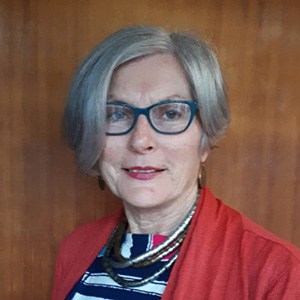
Dorne Wallace
Greater Whitsunday Communities

Antoinette Du Toitt
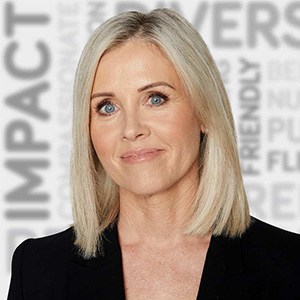
Tanya O'Shea
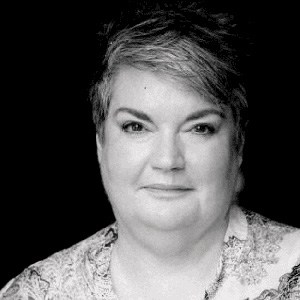
Jo Clarke

Jon Eddy
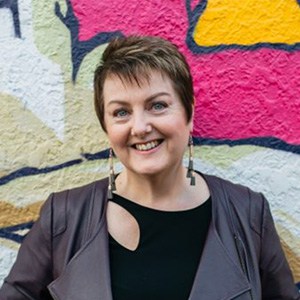
Maree McPherson
Maree McPherson Leadership Coaching
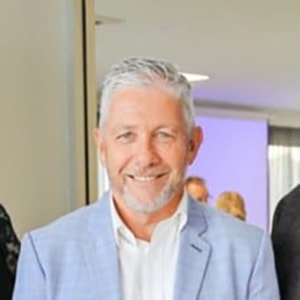
Mark Answerth
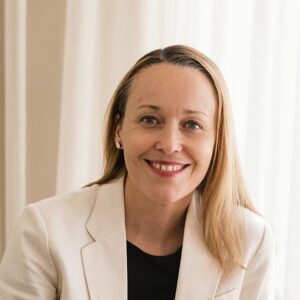
Erika McInerney
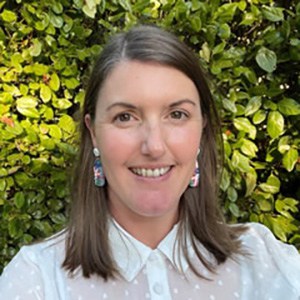
Sarah Ballantine
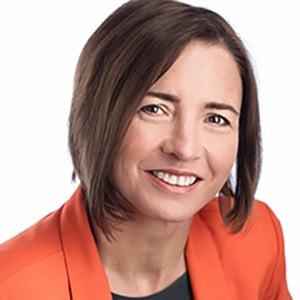
Cathie Brown
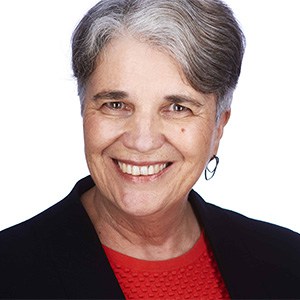
Josie McLean
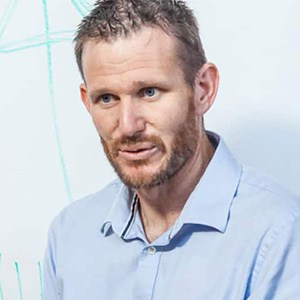
Ben Pangas
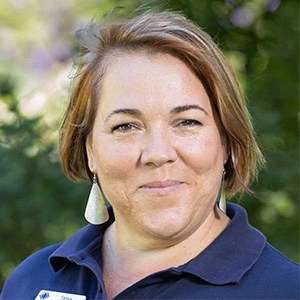
Tanya Lehmann
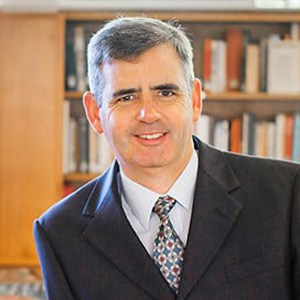
Tony Liston

Dr Chao Shi
Regional Australia Institute, Senior Researcher
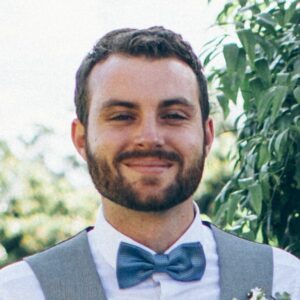
Luke Jeffress
Regional Australia Institute, Senior Researcher
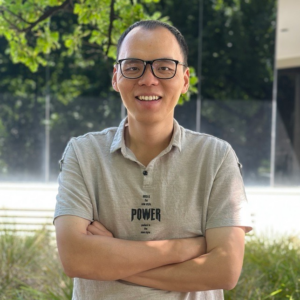
Dr Ziyang Zou
Regional Australia Institute, Senior Researcher
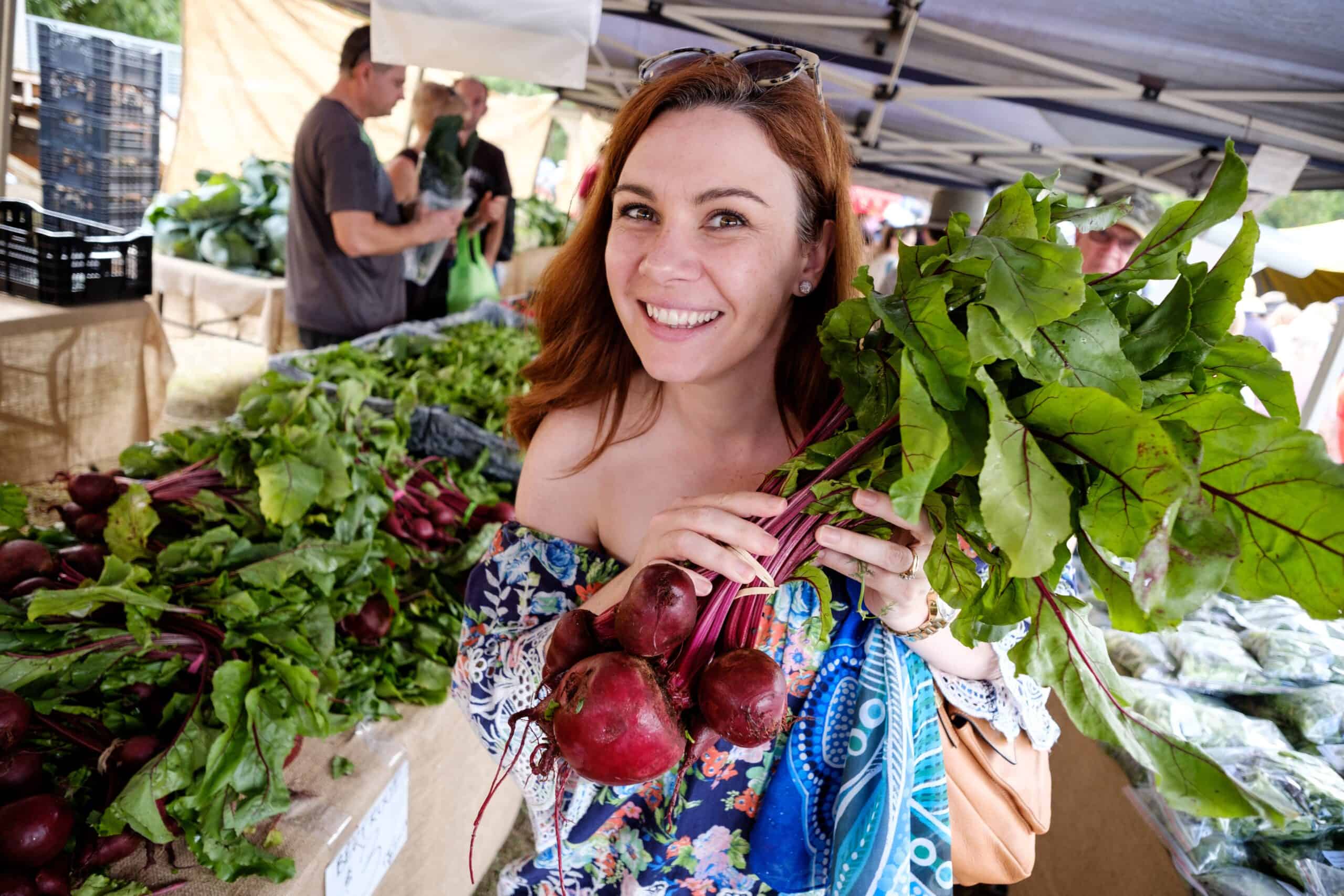
Uniting facilitation, data, and resilience for regional success
The combined resources and facilitator experience of the ARLF, Regional Australia Institute, Leadership Victoria, Leadership WA, Leaders Institute of South Australia and Tasmanian Leaders represented a unique consortium of expertise in developing this leadership to benefit regional and rural Australia.
The unique curriculum developed six leadership practices enriched with practical expertise on-the-ground, RAI data insights for each region and exploring system resilience – all taking place in a residential and immersive environment allowing for strong bonds to be formed.
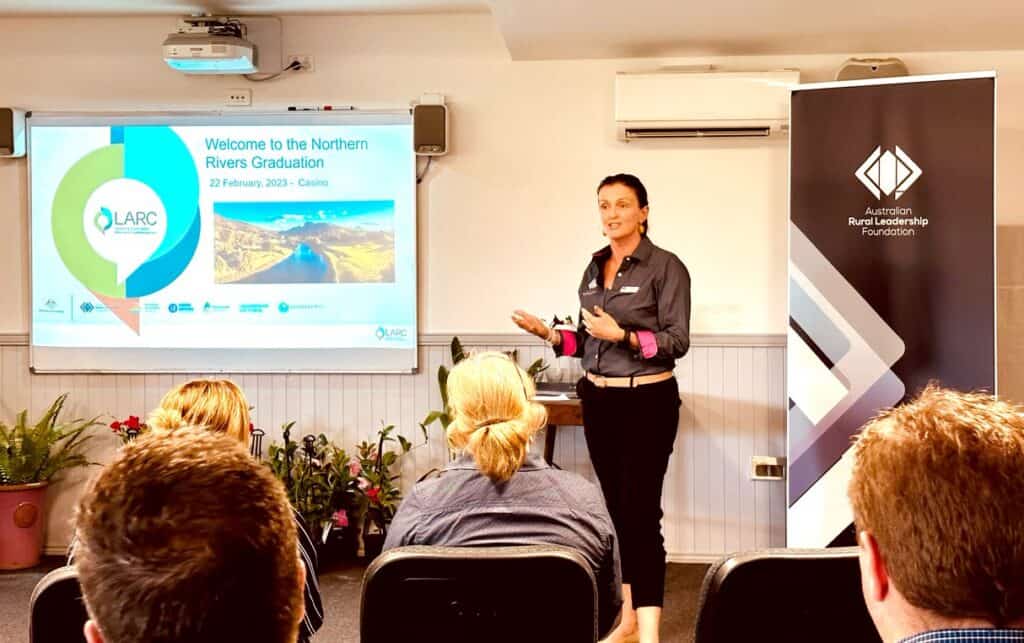

Andrew Bryant
Australian Rural Leadership Foundation
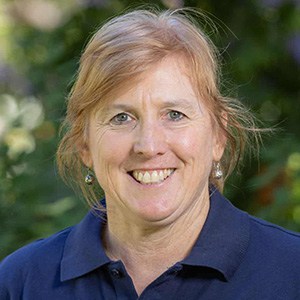
Simone Carroll-Germech
Australian Rural Leadership Foundation
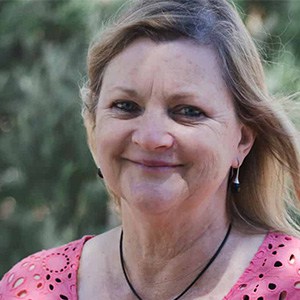
Andrea Hogg
Australian Rural Leadership Foundation
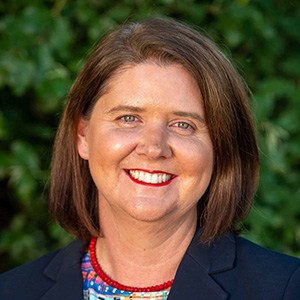
Liz Ritchie

Dr Kim Houghton
Regional Australia Institute

Deanna Hutchinson
Regional Australia Institute
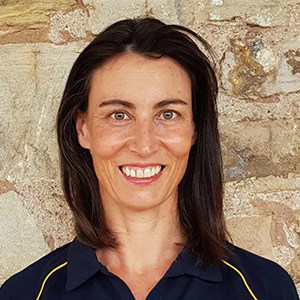
Anita Kuss
Regional Australia Institute
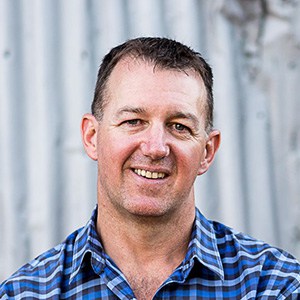
Paul Ryan
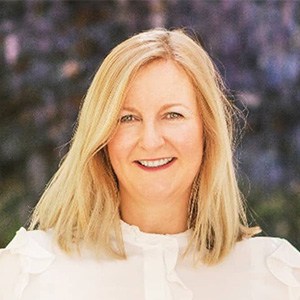
Sarah McGregor
Leaders Institute of South Australia associate
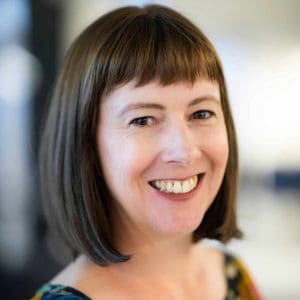
Angela Driver

Joanna Giannes
Leaders Institute of South Australia

Jo Clarke

Jon Eddy
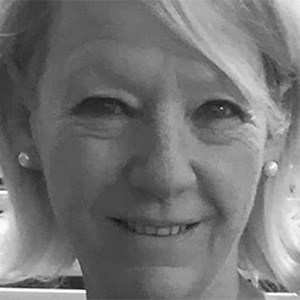
Lynda Jones
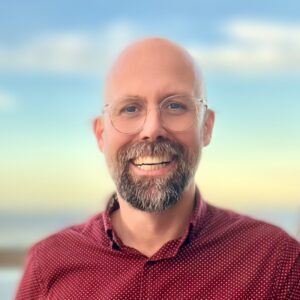
Benny Callaghan
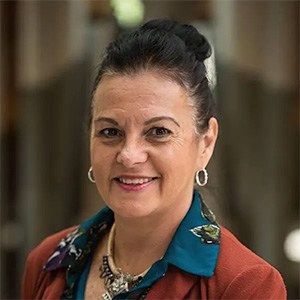
Annette Simpson

Sarah Ballantine

Cathie Brown

Josie McLean

Ben Pangas
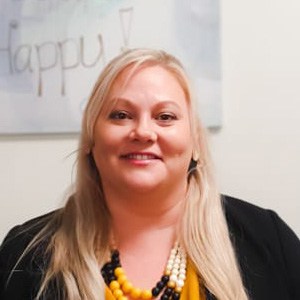
Tanya Stevenson
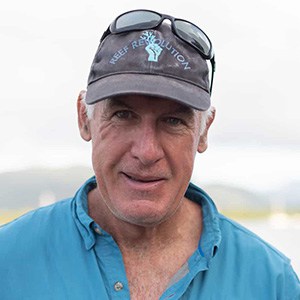
Adam Smith
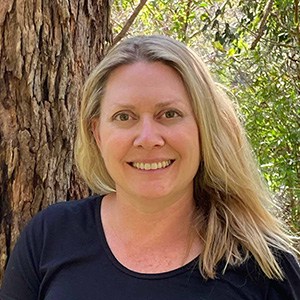
Briony Arnold
Jouerdine Consultancy, Australian Rural Leadership Foundation associate
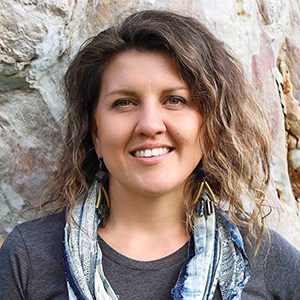
Liz Brennan
AgDots, Australian Rural Leadership Foundation associate
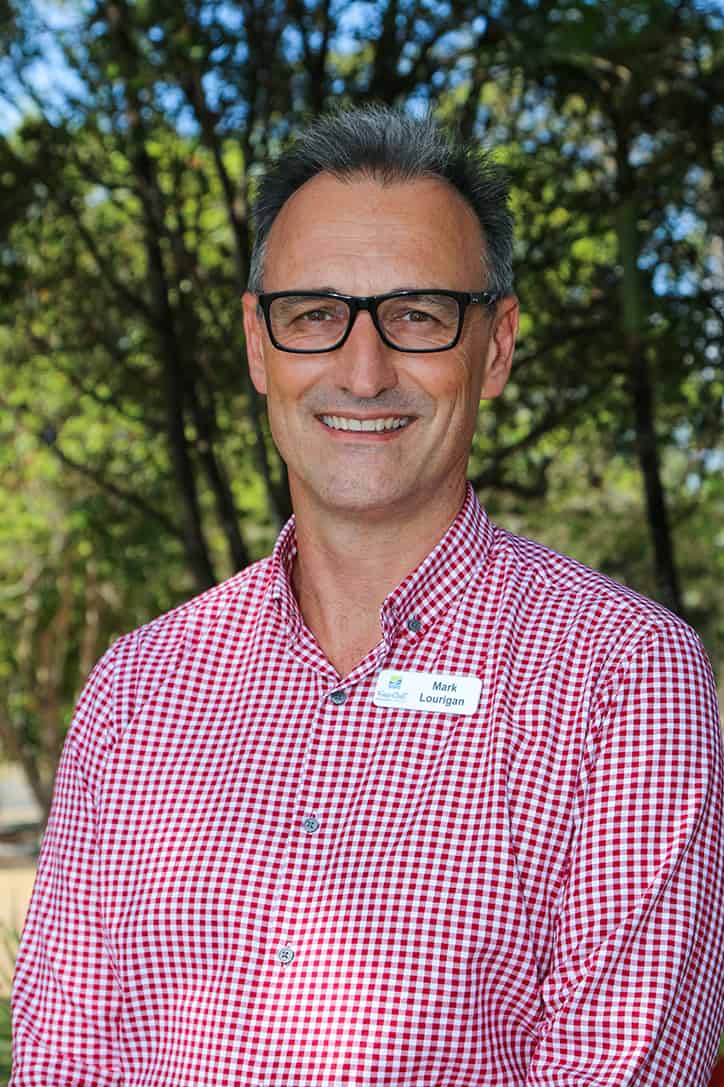
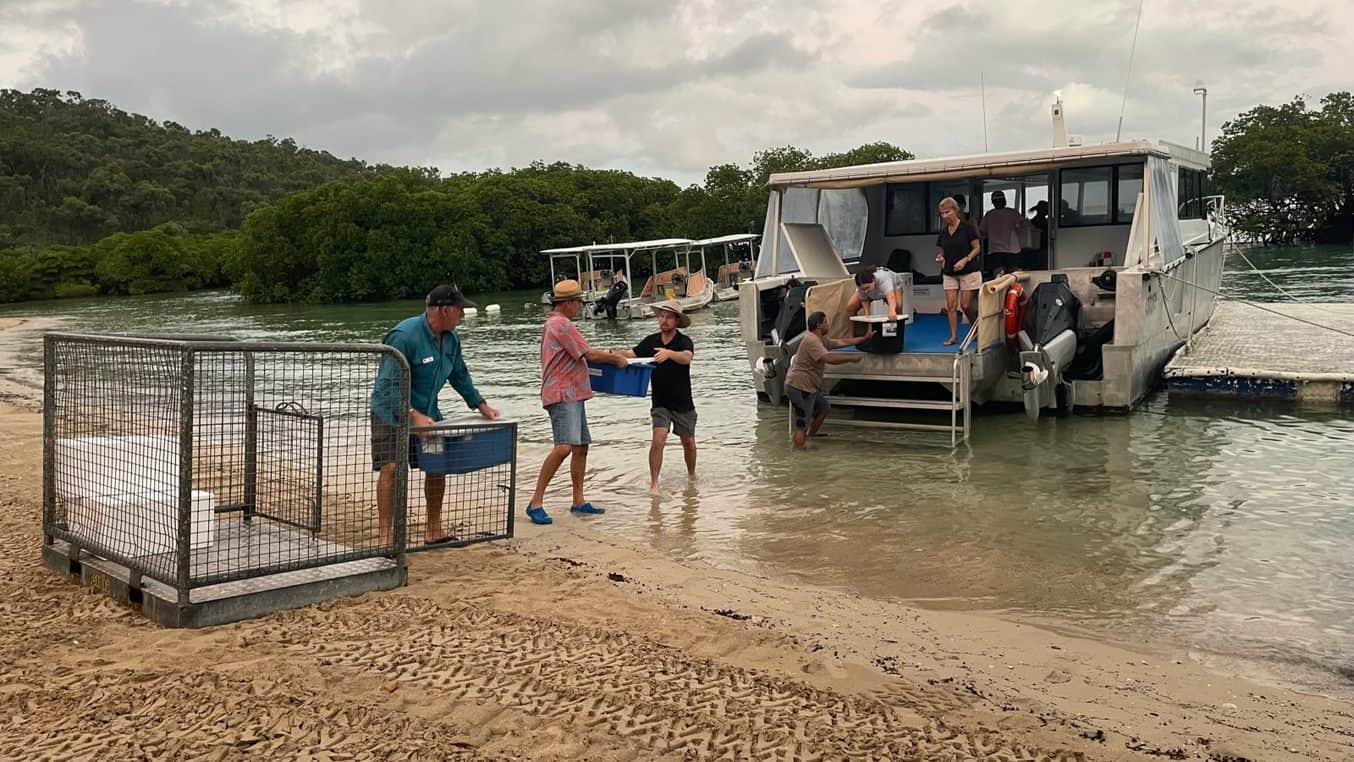
Want to know more?
Download the national wrap up event brochure.



